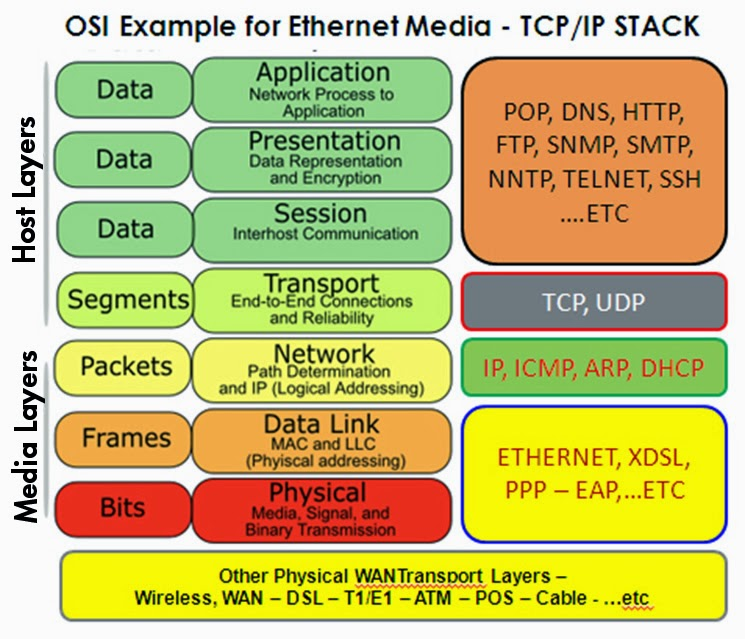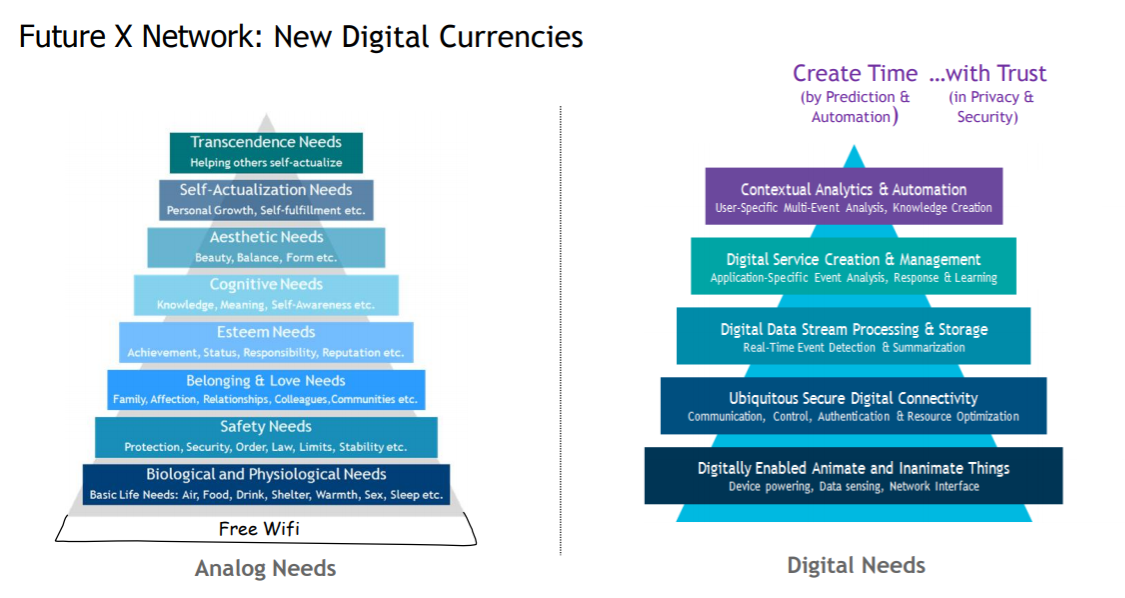Telecom, if we are honest, is a business in trouble because its value to customers and users is no longer something we can take for granted. That is what the phrase “dumb pipe” is all about, if a bit of a misnomer.



Voice, text messaging, video content and other services sold by access providers often have a layer seven function as well as encompassing the lower functions, because those services literally are applications sold to the customer, not access to a cloud that sells or provides the services to a customer.
“Best effort” internet access turns out to be the first real “dumb pipe” product generally and widely sold to customers.
But, in an era where computing-based products provide the value that drives consumers to buy internet access, the access itself can be viewed as a low-value function.
“Layer zero” might only be a reasonable description of “internet access,” but the apt concern is that, over time, more of the former applications value supplied by telcos simply is removed to third parties in the cloud.
These days, even Bell Labs presentations show a “layer zero” that is “free Wi-Fi.” And Bell Labs is not alone. These days, cabling, mobile access, fiber to the home and so forth often is considered layer zero.
The point is that access networks arguably have lost lots of value in a world where Wi-Fi, accessed “for free,” is available as layer zero, with the price point being among the key business issues for telcos and other access providers.
The point is that the old telco business model is being destroyed, and a new model has to be created, as the old “buy our services to use voice, send messages and watch TV” increasingly is not relevant, in terms of end user value, as those things can be done using over-the-top apps.
When rational people with deep insight into the telecom business predict shocking levels of industry consolidation, that is simply a reflection of the rapid deconstruction of the global telecom business model.

No comments:
Post a Comment